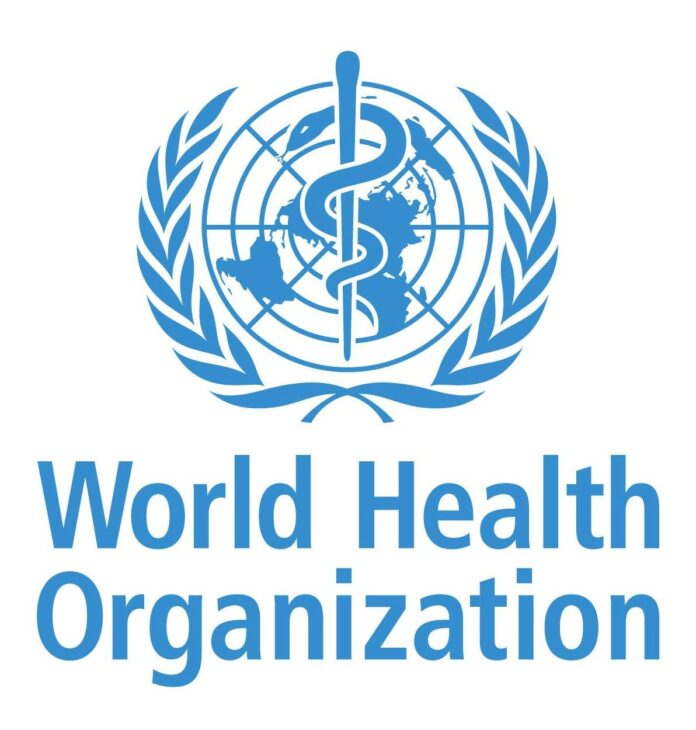The World Health Organization (WHO) and other aid groups on Thursday appealed to leaders of the world’s 20 biggest economies to fund a $23.4 billion plan to bring COVID-19 vaccines, tests and drugs to poorer countries in the next year.
The ambitious plan outlines the strategy of the Access to COVID-19 Tools Accelerator (ACT-A) until September 2022, expected to include use of an experimental oral antiviral pill made by Merck & Co (MRK.N) for treating mild and moderate cases.
If the pill is approved by regulatory authorities, the cost could be as little as $10 per course, the plan said, in line with a draft document seen by Reuters earlier this month.
“The request is for $23.4 billion. That’s a fair amount of money, but if you compare with the damage also done to global economy by the pandemic it is not really that much,” Carl Bildt, WHO Special Envoy to the ACT-Accelerator, told a pre-briefing for selected journalists ahead of a press conference by WHO Director-General Tedros Adhanom Ghebreyesus.
The request comes ahead of a meeting this weekend of leaders of the Group of 20 comprising the world’s biggest rich and emerging economies.
Bildt, a former prime minister of Sweden, acknowledged that the ACT-A has struggled to secure previous financing and noted that Norway and South Africa co-chair a fund-raising effort.
“So we do expect a strong signal from (the G20) coming out of the meeting in Rome over the weekend,” he said.
Equal budgets of $7 billion are earmarked for both vaccines and diagnostic tests, with a further $5.9 billion for boosting health systems and $3.5 billion for treatments including antivirals, corticosteroids, and medical oxygen.
COVAX, the vaccines arm of the ACT-A, has delivered some 400 million COVID-19 doses to more than 140 low- and middle-income countries, where vaccination rates remain low, WHO chief scientist Soumya Swaminathan said.
“We know there are about 30 countries that are dependent on COVAX alone, they have no other source of vaccines,” she said.
About 82 countries are likely to miss a WHO global target of 40% vaccination coverage by year-end, but some of them could if supplies start flowing, she said.
Referring to India which resumed “relatively modest” COVID-19 vaccine exports this month after suspending them in April due to its domestic epidemic, Swaminathan said: “I think these volumes coming out of India will go up significantly.”
She added: “One of the things that is now interfering in a big way is the need for boosters, more and more high income countries are going in for the booster doses and this is now sucking up the vaccine doses as well.”
‘CAUTIOUSLY OPTIMISTIC’ ON MERCK PILL
The U.S. Food and Drug Administration is considering emergency use authorization of molnupiravir, the antiviral pill Merck has developed with Ridgeback Biotherapeutics. It was shown in a clinical trial to halve the risk of serious disease and death when given early for COVID-19.
On Wednesday Merck announced it had signed a licensing agreement with the United Nations-backed Medicines Patent Pool (MPP) that will allow more companies to manufacture generic versions of the drug. The royalty-free licence would apply to 105 low- and middle-income countries.
“We are particularly excited and cautiously optimistic about the potential for new oral treatments for outpatient treatment for mild and moderate COVID, for example molnupiravir,” Robert Matiru, director of programmes at UNITAID, told reporters.
“If this drug is determined to be effective then an oral pill for early outpatient treatment could be fundamental in changing the response,” he said, noting that it would be relatively cheap and reduce hospitalisations.

